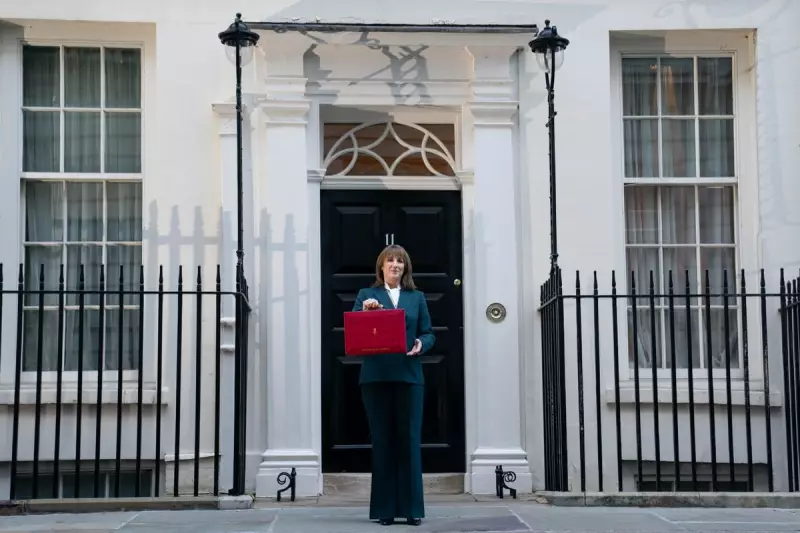
Chancellor Unveils Sweeping Tax Changes
Chancellor Rachel Reeves has announced significant tax increases amounting to £26 billion as part of her Budget statement, delivered against a backdrop of downgraded economic growth forecasts. The measures will push Britain's tax burden to what the Office for Budget Responsibility describes as an 'all-time high' by 2030/31.
Who Will Be Affected by the Tax Changes?
The centrepiece of the Chancellor's revenue-raising strategy involves freezing income tax thresholds, a move that will drag more than 1.7 million people into paying more tax. According to OBR projections, this policy will create 780,000 additional basic-rate taxpayers, 920,000 more higher-rate taxpayers, and 4,000 new additional-rate taxpayers by 2029/30.
Ms Reeves acknowledged that the threshold freeze would impact 'working people' - the very group Labour had pledged to protect during their election campaign. However, she defended the decision, stating she was 'asking everyone to make a contribution' while ensuring the wealthiest bear the greatest burden through additional reforms.
Economic Outlook and Additional Measures
The OBR delivered a sobering assessment of Britain's economic prospects, downgrading growth forecasts for multiple years ahead. While predicting 1.5% growth for this year (up from previous 1% forecast), the watchdog reduced its expectations for 2026 from 1.9% to 1.4%, and made similar cuts for subsequent years through to 2029.
Other significant Budget measures include:
- A new 3p per mile tax for electric vehicle drivers from April 2028
- National Insurance charges on salary-sacrificed pension contributions above £2,000
- A high-value council tax surcharge on properties worth over £2 million
- Removal of the two-child benefit cap at an estimated cost of £3 billion
- Changes to green levies saving households approximately £150 on energy bills from next April
The combination of these measures will increase the tax-to-GDP ratio to 38.3% by 2030/31, the highest level ever recorded. Government debt is projected to rise from 95% of GDP this year to 96.1% by the end of the decade.
Budget Day Blunder and Political Fallout
The Chancellor's statement was preceded by an unprecedented leak when the OBR published its full fiscal outlook more than thirty minutes before Ms Reeves began speaking in the Commons. The budget watchdog apologised for what it described as a 'technical error', but opposition politicians condemned the early release of market-sensitive information.
Tory leader Kemi Badenoch called the Budget a 'total humiliation' for Ms Reeves and suggested the Chancellor should resign over the affair. Ms Reeves countered that the downgraded growth forecasts represented 'the Tories' legacy, not Britain's destiny', pointing to reduced productivity expectations as the fundamental challenge.
Despite the tax increases, the Chancellor's headroom against her spending rules widened to £21.7 billion in 2029/30, nearly £12 billion more than projected in March, providing some fiscal flexibility for future announcements.





